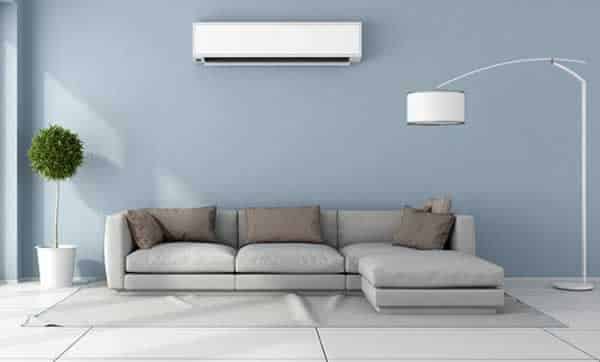Regardless of your type of residence, if you have a heating, ventilation, and air conditioning (HVAC) system, one of the essential components you have to check for maintenance is the air filter. An air filter is a central part of your HVAC system with the primary role of improving the indoor air quality of your home or office.

Although an air filter has a relatively smaller size than your heater or air conditioner, it plays a significant role in ensuring that the entire machinery functions properly. It can even cause your HVAC system to break down if you don’t take good care of it, and allow dust and dirt to clog up its screens. If you’re thinking about buying an air filter, here are the factors that you should consider:
-
Filtration Type
The type of air filter you purchase determines your home’s indoor air quality. The central role of this HVAC component is that it prevents you and your household from inhaling allergens and other airborne irritants, which can lead to significant health problems. Pollen, mold, dust, mites, bacteria, smoke, and even viruses are some of the allergens that most air filters keep at bay. Trusted brands like Filter King have a comprehensive list of air filter products to ensure that you get the type you need.
These are the four main types of filtration technology that you can find in the market today:
- HEPA – High-Efficiency Particulate Air (HEPA) filtration technology captures airborne contaminants and traps them so that they don’t circulate back in the air. Certified HEPA filters can remove nearly 100 percent of microscopic particles. Aside from eliminating pollen, dust, hair, and smoke, it can also get rid of mold spores as well as fungi.
- Ionic – This filtration type releases charged ions into the air, which stick to contaminants and let them drop on the floor or nearby surfaces. You can find filtration devices that come with an electrostatic collection plate that draws in the waste to clean the room.
- Carbon – Carbon filtration uses activated carbon to absorb contaminants. It’s excellent for trapping fumes, gases, and odors to make your home or office smell fresh and clean, but it’s not so great at removing allergens that cause health problems.
- UV Light – Unlike the first three types, which act as physical filters, ultraviolet (UV) light filtration emits an invisible light that disintegrates pollutants. There’s no need to worry, though, because the UV ray level is safe for humans. Moreover, the light isn’t released into the room so it won’t cause adverse effects on your skin.
-
Size
The second factor you should consider is the air filter’s size. Not all systems and components have the same measurements, so you have to check your user’s manual before you order online or go to the store. You have to know the difference between the filter’s nominal and actual size. The former entails rounded numbers, which serve to label the filter, while the latter is the exact measurement of the component.
If you have a nominal filter size of 10x10x1 inches, its actual size could be 9.5 x 9.5 x 0.75 inches. However, remember that this can still vary depending on the manufacturer and model. The nominal size provides an allowance to make room for the actual filter measurements in the equipment. Make sure that you know the actual filter size you need before installing or replacing one in your bedroom, living room, or kitchen.
-
Energy Consumption
Some air filters latch onto your existing HVAC system, while others consume electrical energy. If you go for the latter, you should think about how much power it will eat up, since it’ll add to your utility bills. Nonetheless, air filters or purifiers typically use minimal watts.

-
Maintenance Costs
Think about your budget further and consider the maintenance costs for your air filters. Find one where you can have easy access to parts and repairs, so that you won’t have to scramble about when you need to replace it or have it fixed.
-
Warranty
Speaking of repairs, you should also consider the warranty that the manufacturer places on its product. A warranty is a sign of confidence that the company has in their merchandise. If the air filter is accompanied by a long warranty, then you can be assured that it’s high-quality.
Conclusion
Your air filter is a crucial component of your HVAC system. Whether you’re planning to buy a new one for installation or replacement, you should think about the filtration type that you want as well as the size, energy consumption, and maintenance costs. Don’t forget to purchase one that has a long warranty because it’s a sign of confidence from the manufacturer in their product.






